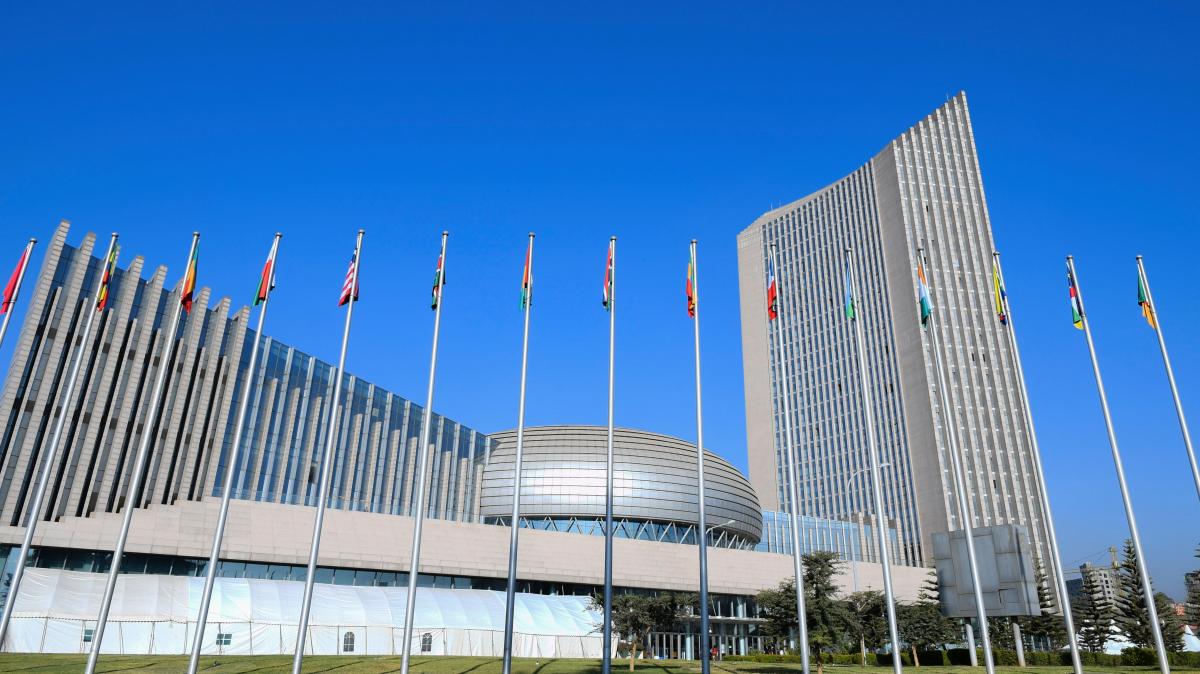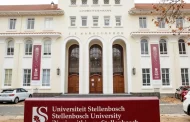It is no longer whether what the Kenyan Permanent Representative to the United Nations, Ambassador Martin Kimani, said about the Russian invasion of Ukraine is the African consensus or not. It is gone beyond that now because the statement of the ambassador is a subject of different meanings or interpretations. Each interpretation of it is serving as a frame of reference for each protagonist or antagonist and capable of leading to different actions or inactions. Ambassador Kimani’s stand against Russian assertion of the existing or imagined privations of ethnic Russians in Ukraine and the redrawing of the borders to reflect that concern is thus no more an idle statement which we can take or ignore.

His critics are asking whether Ambassador Kimani temporarily forgot that borders are everywhere but nowhere at the same time!
Second, the paradox in that statement is something else. On the one hand, it puts up Africa as a voice in the unfolding regime of violent bordering from megamachinistic control of who can go where – passport practices, biometric violence at the airports, electronic surveillance of border posts, the resurgence of walls, forceful deportation, rugged undocumented immigrant camps and now war in Ukraine. Unless and until Ambassador Kimani’s position is counteracted either by the African Union or the global civil society working on the politics of violent bordering or some African intellectuals, it will remain in the news, enjoying the status of the African consensus. For a continent whose agency in world politics has basically been a non-issue, Africa owes Ambassador Kimani and the Kenyan State a great deal of gratitude for what would appear to be a positive reversal of bad luck through discursive power. If we haven’t heard the sounds of glasses clicking away at the African Union building in Addis, it should most likely be that such sounds have been drowned out by the war in Ethiopia.
On the other hand, Ambassador Kimani suggests that Russia is creating a problem for a continent such as Africa which would be in turmoil if it were to get into the politics of violent bordering, particularly the redrawing of the borders to reflect ethno-cultural homogeneity which European geopolitics destabilized. Here is where many Africans would part company with the ambassador for his odd pragmatism. One argument that is sure to destabilize the position is the assumption that the border story in Africa is a settled story. It has never been. Ambassador Kimani assumes, wrongly of course, that the OAU/AU decision not to disturb the colonial borders is the only discourse of the issue. So, he mentions nothing of the contending view which has persisted that, in fact, the option for the continent is comprehensive unification. This has remained a powerful current and absolutely no one can say that it is dead.
A narrative such as Ambassador Kimani’s is comparable to a theory. A theory is neither good nor bad since it is always for someone and for some purpose, to use that everlasting phrase by Robert Cox. What no one may be able to take away from the ambassador is that he has alerted Africa and Africa’s friends that there is a tendency within the continent which holds that position. And the task for those who do not support that position is to seek to dislodge it.
Luckily, the space of global politics is a completely discursive space and dislodging Kimani is perfectly doable if those who do not share his position can find the resources to articulate their own position.
It all boils down to the power-geometry. The question of where the border is has nothing to do with any physical site. Borders are not permanently fixed spaces but power projects and associated mobility securitizing practices. This can be exemplified with discursive power as Africa might be getting into now; structural and institutional power as sanction warriors are deploying against Russia and, in extreme cases, coercive power as Russia is deploying in Ukraine the way others before it have done. If Africa does its home work and resolves her own age-long bordering crisis inter-discursively, it might be showing the world how to transcend the paradox of bordering a borderless world and live peacefully in the most civilized way!



























